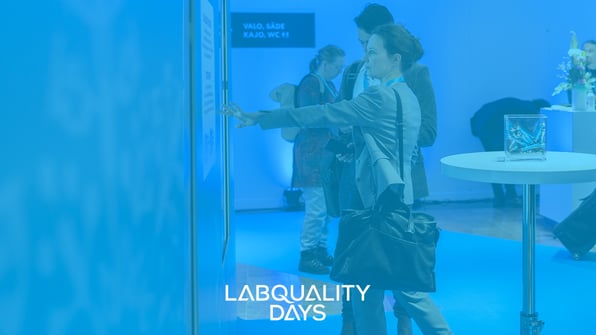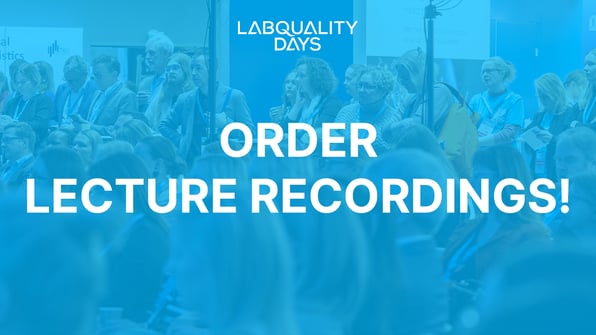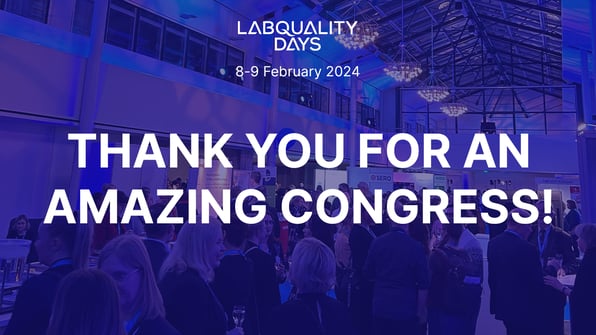Reference measurement procedures – Emphasis on performance specifications and operating laboratories
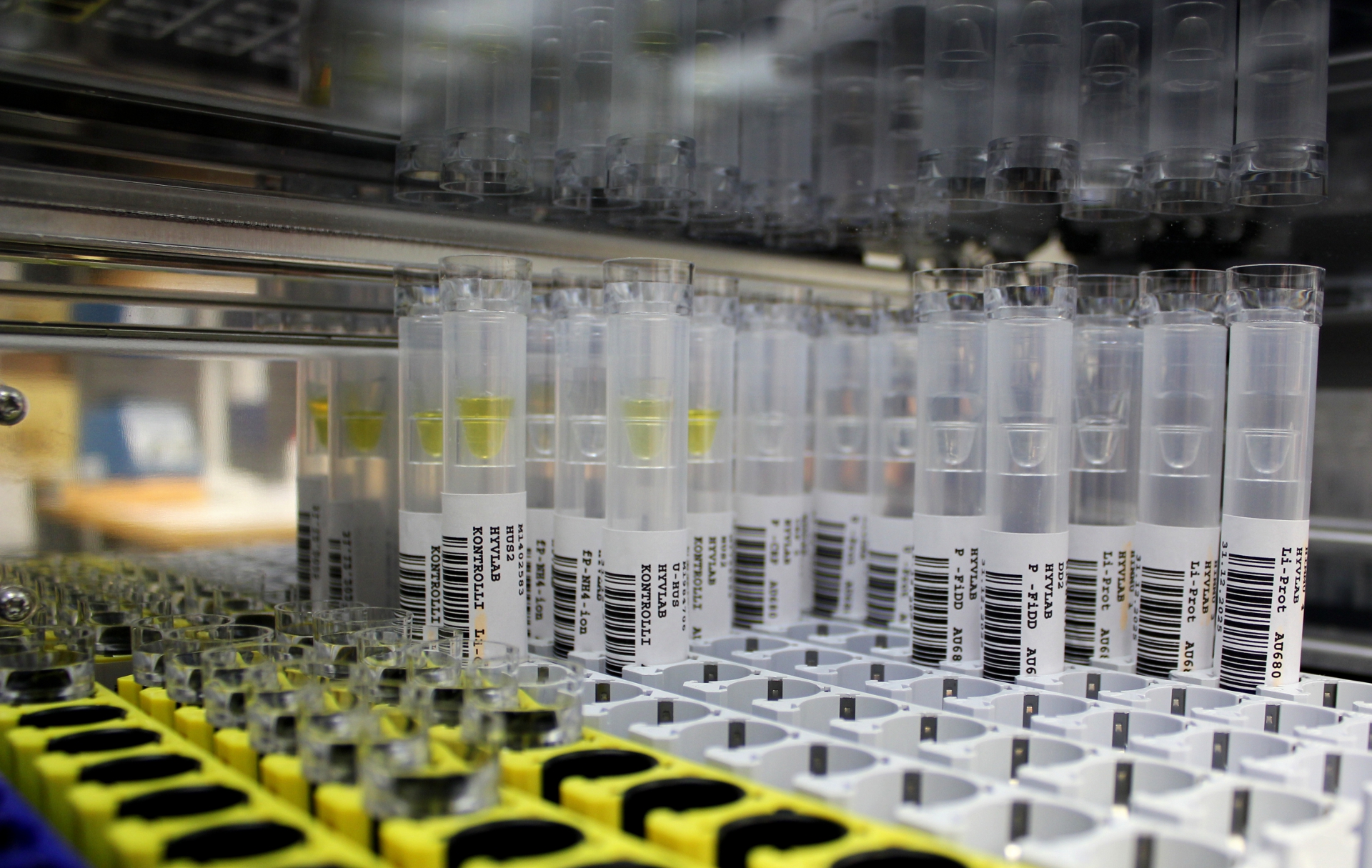
Abstract: Reference measurement procedures – Emphasis on performance specifications and operating laboratories
In the discipline of laboratory medicine there is consensus that routine measurement procedures/assays claiming the same measurand should give equivalent results within clinically meaningful limits, and that trueness is the ideal basis for achieving equivalence. This measurement paradigm was already propagated by JP Cali in 1973 in his Clinical Chemistry publication with the intriguing title “An idea whose time has come”. In response to the idea of trueness-based measurements, NW Tietz proposed in 1979, again in a Clinical Chemistry publication “A model for a comprehensive measurement system in clinical chemistry”. This model was of course the precursor of what we know today as ISO 17511-compliant “reference measurement system (RMS)” or metrological traceability chain. Traceability is always intended to the highest metrological standard available at a certain time for any given measurand. For example, in a SI-traceable RMS, the top of the hierarchy is the definition of the measurand (analyte-system-kind of quantity; SI-units), followed by reference materials and reference measurement procedures (RMPs). The latter are the key to establish metrological traceability of lower order (routine) measurement procedures to the SI. However, it is to note that RMPs can only serve this purpose adequately provided they fulfill (i) “genuine” and (ii) “analytical performance” requirements and (iii) are performed by competent laboratories.
The 1st requirement (genuine –) has to do with the analytical measurement principle and characteristics of the RMP, which should allow direct calibration with a (pure) primary reference material and have the potential to high specificity and trueness/accuracy of measurement. For organic analytes, these genuine requirements are warranted by isotope dilution-mass spectrometry. However, the overarching control of methods that qualify as RMPs is in the hands of the Joint Committee for Traceability in Laboratory Medicine (JCTLM) (1). This organization has the mission to establish/publish a database of, among others, RMPs. To be listed in the JCTLM database, RMPs should comply with the specifications given in the ISO 15193 standard (1).
The 2nd requirement (analytical performance –), typically, received little attention for a very long time. Fortunately, recommendations were made by experts with extensive experience in the domain (2, 3). Fundamental in the strategies they proposed is the idea that the analytical performance specifications for a RMP should not be fixed but tailored to its intended use (see above). Therefore, experts recommended to establish a relationship between the analytical specifications for the higher- (reference) and lower-order (routine) methods by cascading down the performance specifications (bias and imprecision) for a RMP from the desirable, analyte-related specifications of the related routine assay, however, with the constraint that the specifications should be workable with the current state-of-the-art reference methodology and certification capacities. In this context, I will explain the complete “performance specification chain” for the model measurand serum 25 OHD (4).
Finally, the 3rd requirement (competent laboratories) is again under the control of JCTLM. For reference measurement services to be listed in the JCTLM database, the concerned laboratory must fulfill the requirements specified in the ISO 17025 and 15195 standard (be accredited, use published RMPs and regularly participate in round robin trials for reference laboratories).
Meeting these stringent requirements is not evident and may jeopardize the viability, particularly of those reference laboratories involved in Europe with RMPs in the very first beginning. The burden for them is very high as they mostly are operating in an academic surrounding without many resources/support, which contrasts with the reference laboratories embedded in metrological institutes and/or big EQA organizations. In a final personal note, I will briefly touch on the future role and potential business models of “lonely riders”, which, may help survival of the most creative and productive centers of the past.
Welcome to Helsinki and International Congress on Quality in Laboratory Medicine to learn more. Dr. Thienpont will give her presentation on Thursday 8 February, 2018. www.labqualitydays.com
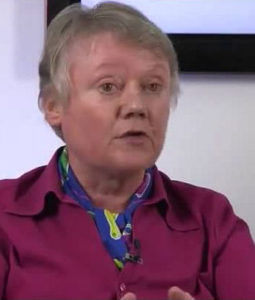 Linda Thienpont, PhD, Prof. Em.
Linda Thienpont, PhD, Prof. Em.
Ghent University, Thienpont & Stöckl Wissenschaftliches Consulting GbR, Germany
Thienpont Linda, PhD, Clinical Chemist, Professor at Ghent University (retired since 1st of October 2015). Director of a mass spectrometric reference laboratory at Ghent University (until 1st of October 2015). Since 1st of October 2015:new affiliation: “Thienpont & Stöckl Wissenschaftliches Consulting GbR” (Germany). Her main scientific interest is traceability and standardization/harmonization in laboratory medicine: Development of concepts for standardization in laboratory medicine, development of statistical approaches to standardization of analytes for which reference measurement procedures are still missing and not envisaged on short term and development, validation and application of reference measurement procedures for substrates, total and free steroid and thyroid hormones, peptides, 25-OH-vitamine D2 & D3.
Dr. Thienpont has more than 150 publications and she has been participant as chairholder or member in projects such as those organized by, e.g.: BCR, (IRMM-JRC, CEN-TC 140, IFCC, JCTLM, AACC, ODS/NIH, CDC, CAP. She is a member of editorial board of Clinical Chemistry journal.
Linda.Thienpont has been awarded by several international organization. The Siemens Healthcare Diagnostics Oral Communication Prize (2008), the IFCC-Robert Schaffer Award for Outstanding Achievements in the Development of Standards for Use in Laboratory Medicine (2011), the EQALM Adam Uldall Award of “Appreciation for her unique contribution to the field of External Quality Assurance in laboratory medicine” (2013), the MSACL Distinguished Contribution Award in “Recognition of achievements made in the field of clinical mass spectrometry that have furthered the advancement of knowledge and implementation of science for the benefit of humanity” (2015), and the Westgard Quality Award in Recognition of her Special Contribution to the Field of Quality within Laboratory Medicine (The Quality in the Spotlight Conference 2016). She was honoured as “Inspiring Mind” in the October 2015 issue of Clinical Chemistry.
References
1. Joint Committee for Traceability in Laboratory Medicine (JCTLM). Database of higher-order reference materials, measurement methods/procedures and services. http://www.bipm.org/jctlm/
2. Thienpont L, Franzini C, Kratochvila J, Middle J, Ricos C, Siekmann L, Stockl D. Analytical quality specifications for reference methods and operating specifications for networks of reference laboratories. Eur J Clin Chem Clin Biochem 1995;33:949–57.
3. Thienpont LMR. Quality Specifications for Reference Methods. Scand J Clin Lab Invest 1999;59:535-8.
4. Stöckl D, Sluss PM, Thienpont LM. Specifications for trueness and precision of a reference measurement system for serum/plasma 25-hydroxyvitamin D analysis.
International Congress on Quality in Laboratory Medicine 8-9 February, 2018 Helsinki, Finland
Register now and ensure your participation to the most interesting congress in medical laboratory field in 2018. Scientific program deals with quality issues of laboratory medicine and advanced healthcare technologies. Two inspiring days with world class speakers will guarantee an unforgettable experience. Read more on www.labqualitydays.com
